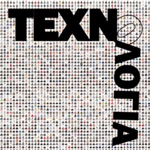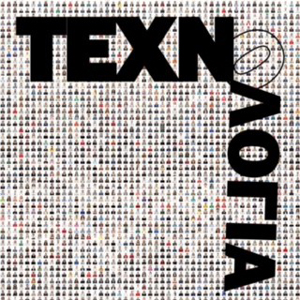The Future of Memory, Venus Lau, δημοσίευση στο ArtReview [6/12/2022]

As memory and data blur, will we remember everything? And does remembering everything mean remembering nothing?
“The root of men’s problems is memory,” states martial artist Huang Yaoshi, a character in Wong Kar-wai’s arthouse classic Ashes of Time (1994). The film revolves around the dialectics of remembering and forgetting; in it an anonymous desert’s shifting sandscape suggests a geological palimpsest of writing and unwriting memory at the same time. In the age of information saturation, people are entangled in the present technoscape of an attention economy that keeps altering.
In Lawrence Lek’s ongoing ‘episodic virtual world’ Nepenthe Valley (2022–), ruins suturing ancient and futuristic architectural features are situated in a digital ‘natural’ landscape. Named after the Ancient Greek (mythical) potion of forgetting, the project suggests the possibility of a therapeutic oblivion via game playing, exploring the ‘doorway effect’ – a psychological status under which one’s memory fades when passing from one place to another – in the liminal spaces between the virtual and the actual. The virtual ruins look uncannily strange-but-familiar and are contained by sublime, hilly simulations, forming spaces for mental walking, making it a mirror of Simonides’s method of loci (in which the Roman developed a system by which humans could store large amounts of data in their minds by linking the information to mental images of places).
Η συνέχεια εδώ.





